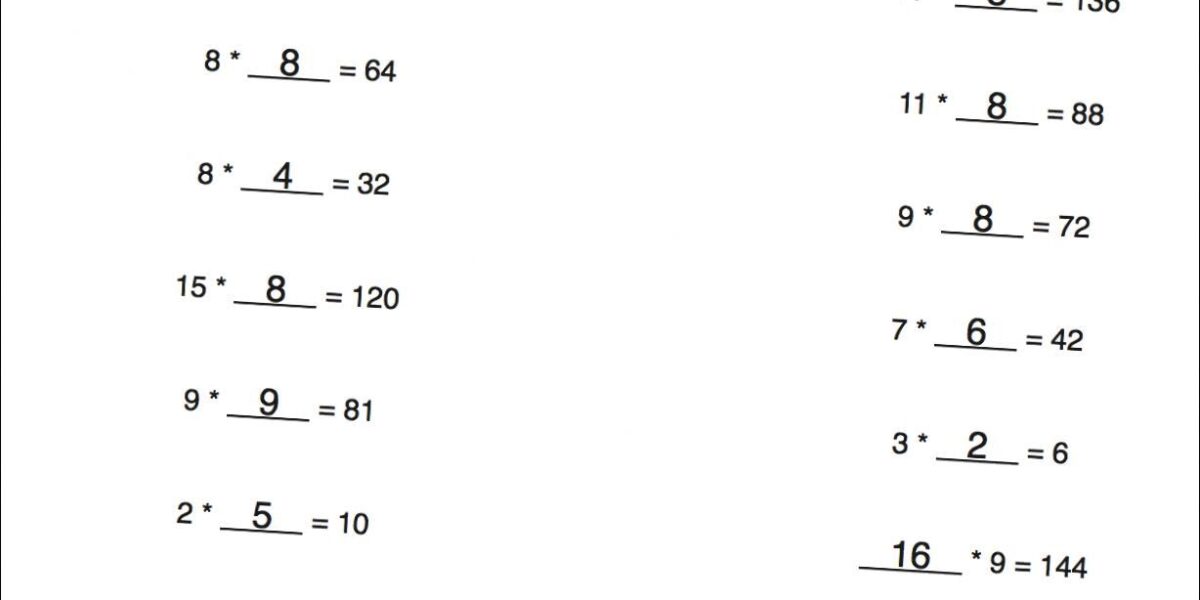Veteran Education Opportunities
Military veterans have a range of education opportunities available. These opportunities are designed to ease the transition from military to civilian life. They also help veterans develop skills for new careers.
Post-9/11 GI Bill

The Post-9/11 GI Bill is one of the most well-known educational benefits for veterans. It covers full tuition and fees for in-state public colleges. For private or foreign schools, it offers up to a set maximum amount. This bill also provides a monthly housing allowance and a stipend for textbooks.
Eligibility
Eligibility is straightforward. Veterans who served at least 90 days of active duty after September 10, 2001, qualify. Benefits can also be transferred to dependents. Veterans must serve at least six years and commit to serving four more years to qualify for this transfer.
Benefits
Benefits include up to 36 months of education expenses. Veterans can use these for degrees, non-college degree programs, or vocational training. The housing allowance depends on the location of the school. Textbook stipends offer up to $1,000 per year.
Yellow Ribbon Program
For veterans attending private schools, the Yellow Ribbon Program helps cover additional costs. This program is a collaboration between the school and the VA. Participating institutions fund part of the tuition, and the VA matches that.
How It Works
Not all schools participate in the Yellow Ribbon Program. Veterans should check the availability at their chosen institution. The program is available to veterans who are 100% eligible for the Post-9/11 GI Bill. This is a good option for veterans looking to attend more costly private colleges.
Montgomery GI Bill
Another option is the Montgomery GI Bill. It has two versions: Active Duty (MGIB-AD) and Selected Reserve (MGIB-SR). Both provide education benefits but have different eligibility requirements and benefits.
Montgomery GI Bill – Active Duty
This bill requires a buy-in from service members during their first year of service. They need to pay $100 per month for 12 months. Veterans then receive up to 36 months of education benefits. Different types of training, apprenticeships, and licensing programs are eligible.
Montgomery GI Bill – Selected Reserve
This version is for members of the Selected Reserve, including the Army, Navy, Air Force, Marine Corps, and Coast Guard Reserves, as well as the Army National Guard and the Air National Guard. It provides up to 36 months of benefits for approved education and training programs.
Veteran Readiness and Employment (VR&E)
For veterans with service-connected disabilities, VR&E provides career and education counseling. This program helps veterans find suitable careers or directions based on their skills and interests. It also offers employment services and assistance with vocational training.
Eligibility
Eligibility requires a service-connected disability rating of at least 10%. Veterans must also apply for these benefits within 12 years from the date of their discharge or date of first VA disability rating.
Services Offered
- Career Counseling
- Job Search Assistance
- Resume Preparation
- Training for New Skills
- Apprenticeship Programs
- On-the-job Training
Tuition Assistance Programs
Each branch of the military offers its Tuition Assistance (TA) programs. These programs allow active-duty members to take courses while serving. TA provides up to 100% of tuition costs, with a cap per credit hour and an annual limit.
Army Tuition Assistance
The Army TA provides 100% of tuition, up to $250 per credit hour and $4,000 per fiscal year. Courses must be part of an approved academic plan. The program includes a service commitment where soldiers must serve an additional year after completing a course.
Navy and Marine Corps Tuition Assistance
The Navy and Marine Corps offer similar benefits. They also cover up to $250 per credit hour with a $4,000 annual cap. However, Marines must have at least 24 months of active duty before qualifying. Both programs require sailors and Marines to complete courses successfully to receive benefits.
Air Force Tuition Assistance
The Air Force TA program offers the same financial benefits and covers courses leading to an associate’s, bachelor’s, or master’s degree. Airmen must maintain a grade of C or better for undergraduate and B or better for graduate courses to remain eligible.
Coast Guard Tuition Assistance
TA from the Coast Guard also covers up to $250 per credit hour and $4,000 annually. It applies to accredited institutions and requires Coast Guardsmen to complete their courses with a satisfactory grade.
Scholarships and Grants
Veterans can also apply for numerous scholarships and grants. Many organizations offer funds specifically for veterans. These financial aids do not need to be repaid and can supplement the GI Bill or TA benefits.
Pat Tillman Foundation
This foundation provides scholarships for veterans and their spouses. The scholarship focuses on leadership, potential, and academic excellence. It covers tuition, fees, and direct study-related expenses.
American Legion Scholarships
The American Legion offers several scholarships, including the Legacy Scholarship for children of fallen post-9/11 service members and the Non-Traditional Student Scholarship. These funds can help with college costs not covered by other funding sources.
AMVETS Scholarships
AMVETS offers several scholarships for veterans, active-duty personnel, and their families. These scholarships support various levels of education, from certificates to bachelor’s and master’s degrees. They focus on financial need, academic achievement, and community involvement.
Online Learning Opportunities
Online learning is a flexible option for veterans. Many universities offer online degrees that can be completed from anywhere. Online programs cater to those who cannot attend campus due to work or family commitments.
Benefits of Online Learning
Online programs often have the same accreditation as on-campus programs. They offer flexibility in scheduling, which benefits veterans balancing multiple responsibilities. Online learning platforms often provide support services such as tutoring and career counseling.
Popular Online Programs
- Cybersecurity
- Business Administration
- Information Technology
- Healthcare Administration
- Education
Vocational Training and Apprenticeships
For veterans interested in hands-on careers, vocational training and apprenticeships are viable options. These programs offer practical skills training and often lead directly to employment.
VA’s On-the-Job Training and Apprenticeship Program
This program partners with employers to provide training for veterans. Veterans earn a salary while learning a trade. As their skills increase, their pay can also increase. These programs typically last from one to four years and may include fields such as plumbing, electrical work, and firefighting.
Helmets to Hardhats
Helmets to Hardhats is a national program designed to connect veterans with careers in construction. The program offers apprenticeships through local unions and businesses. Many apprenticeships also provide additional support such as tools and equipment.
Higher Education Support Services
Veterans can access various support services while pursuing higher education. These services ensure they can successfully navigate the challenges of college life.
Veteran Resource Centers
Many colleges and universities have Veteran Resource Centers. These centers offer academic advising, mental health counseling, and networking opportunities. They provide a community space for veterans to connect and support each other.
Tutoring and Academic Assistance
Most institutions provide tutoring services to veterans. These services help with coursework and exam preparation. They also offer writing centers where veterans can get help with essays and research papers.
“`



